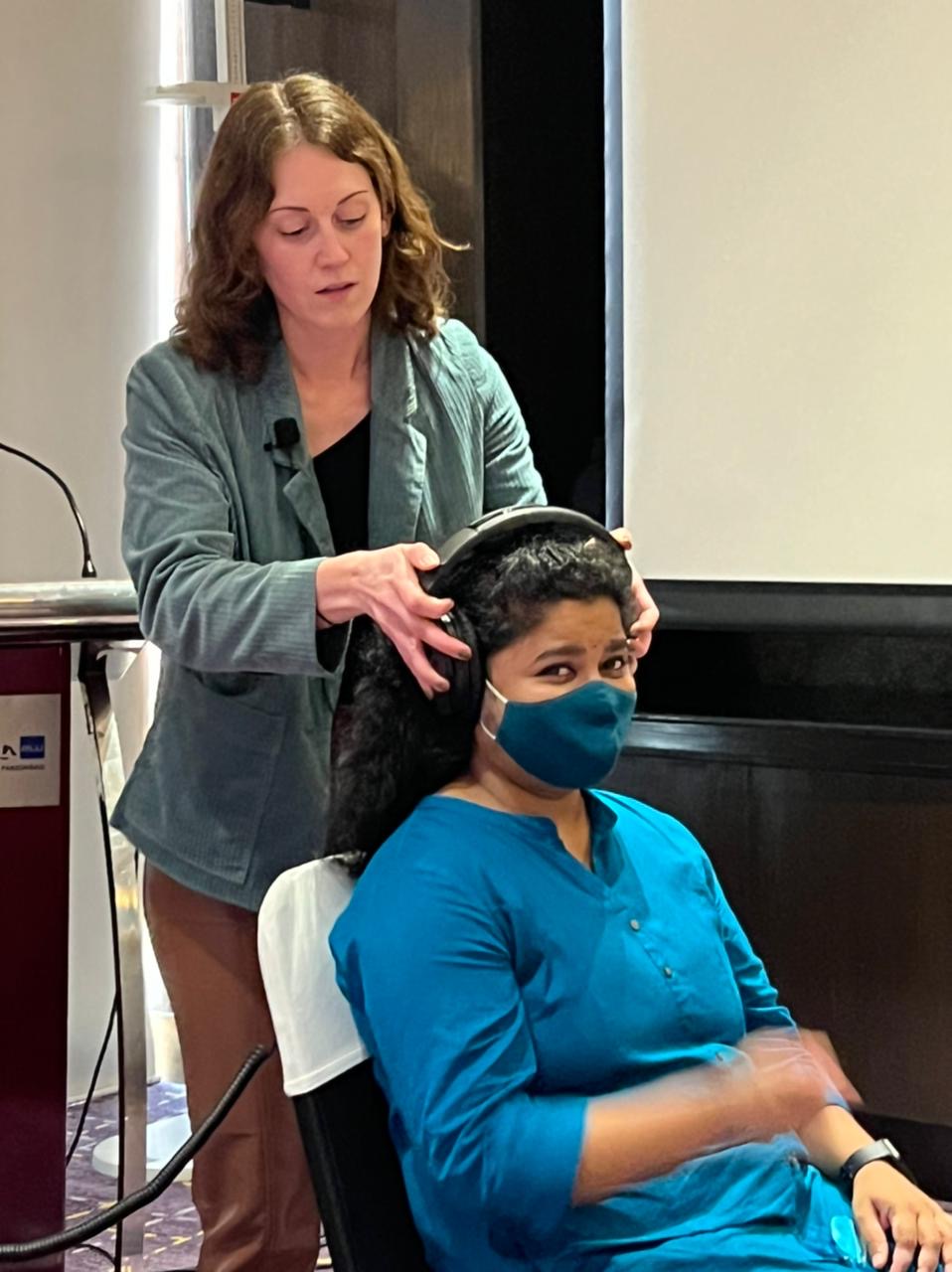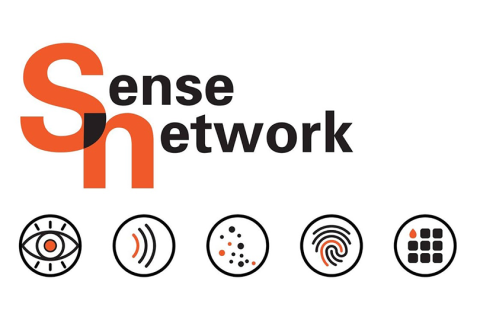Researchers at the Cochlear Center collaborate with other epidemiologic researchers to gather hearing data in several ongoing studies. These epidemiologic data allow Center researchers to study critical questions about how hearing interacts with other health, lifestyle, and environmental factors to affect the functioning of older adults and other health outcomes.

Ongoing Research
Studies where Center researchers are leading hearing data collection efforts:
-
ARIC
Atherosclerosis Risk in Communities Study
The ARIC study is an ongoing, population-based prospective study of 15,792 men and women from four U.S. communities. ARIC is designed to investigate the causes of atherosclerosis and its clinical outcomes, and variation in cardiovascular risk factors, medical care, and disease by race, gender, location, and date. Hearing data, including objective audiometry, speech in noise, comprehensive subjective measures and history of noise exposure, and history of hearing device use were first collected in a sub-sample of participants between 2011 and 2013 and has now been collected routinely in all participants since 2017.

-
Baltimore ECA
Baltimore Epidemiological Catchment Area Study
The Baltimore ECA study began in 1981 collecting depressive and anxiety information in a representative sample of East Baltimore residents. Subsequent waves of data collection added sleep, cognitive, functional, and biologic sample measures to the study. In 2017, Center researchers collaborated with ECA investigators to add hearing data collection including subjective hearing impairment, noise exposure history, hearing device use history and objective pure-tone audiometry.

-
Biocard
Biomarkers of Cognitive Decline Among Normal Individuals Study
The overarching goal of the BIOCARD Study is to identify biomarkers associated with progression from normal cognitive status to cognitive impairment or dementia, with a particular focus on Alzheimer's Disease. The domains of information collected as part of the study in the past include: cognitive testing, magnetic resonance imaging (MRI), cerebrospinal fluid (CSF), amyloid imaging (using PET-PiB) and blood specimens. In collaboration with core Center faculty, BIOCARD began collecting hearing data in 2016.
-
BLSA
Baltimore Longitudinal Study of Aging
The BLSA has been ongoing since 1958 and is the longest-running study of aging in the U.S. The study is based at the National Institute on Aging, and participants are followed over the course of their lifetime with regular study visits at the NIA where extensive data on health and health measures are gathered. Hearing has been routinely measured in all BLSA participants since 2012 and was also previously gathered prior to 1994.

-
LASI-DAD
Longitudinal Aging Study in India - Diagnostic Assessment of Dementia
LASI gathers data needed to understand the health, social support, and economic security of India’s growing population of older adults. This evidence base will contribute to cross-national studies of aging and will inform the design of policies that can protect and support people in India as they age.

-
NHATS
National Health and Aging Trends Study
NHATS gathers information from a nationally representative sample of Medicare beneficiaries ages 65 and older allowing researchers to study national-level disability trends as well as individual trajectories. Annual, in-person interviews collect detailed information on facets of aging, including sensory impairments, and their consequences.

The Cochlear Center's Audiology Core focuses on integrating hearing measures into large epidemiologic cohort studies around the globe. This includes developing customized protocols, training staff, and offering study support and ongoing quality assurance.


The SENSE Network is a consortium of researchers that meets quarterly to collaborate on research examining the role of sensory functioning - vision, hearing, olfaction, touch, and taste - on health and aging.
Founded by Cochlear Center faculty Jennifer Deal, Frank Lin, and Bonnie Swenor, Joshua Ehrlich at the University of Michigan, and Jay Pinto at University of Chicago, and launched in September 2020, this international network aims to accelerate research through new collaborations, create novel resources including a sensory databank, and generate tangible scientific studies.
Meetings are attended from researchers around the world. Organizers aim for SENSE to be a diverse and inclusive network, and encourage researchers from all backgrounds and underrepresented groups, including researchers with disabilities, to participate in monthly meetings.
